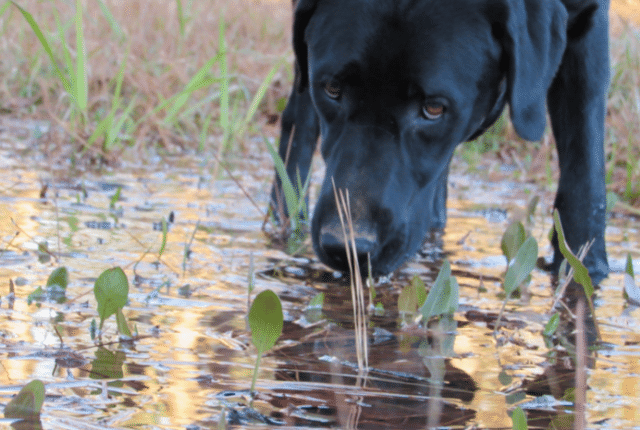
Understanding Leptospirosis in Pets
What is Leptospirosis?
Leptospirosis is a bacteria that can be shed by animals such as rodents (rats, mice), foxes, skunks, white tailed deer and raccoons. This bacteria can be shed in the urine and end up in water and soil. It can infect dogs through their mouths, eyes and abrasions. It can also be spread by bite wounds. It is most often seen in the warmer months of the year. Humans can also be infected; it is a zoonotic disease.
What are the signs of Leptospirosis?
Leptospirosis most often infects either the kidneys or the liver but sometimes can affect both organs. Clinical signs include lethargy, for example not wanting to get up, a decrease in appetite, excessive drinking and urinating and sometimes the animal can become jaundiced (yellowing of the gums, skin, white area of the eyes). They are often painful on palpation due to painful kidneys.
How do veterinarians test for Leptospirosis?
There is no one test that is perfect for diagnosing Leptospirosis. We will run bloodwork to check the kidney and liver values. Ultrasound can also be very helpful because the kidneys often have a swollen appearance. There are some tests available that help diagnose this but some of these tests can take a few days to come back and some can miss the infectious phase.
How is Leptospirosis treated?
Leptospirosis can be treated with antibiotics. The best antibiotic to use is Doxycycline. Sometimes this antibiotic can cause nausea and Amoxicillin can be tried in its place but try to switch back to the Doxycycline if possible. IV fluids are also very important to keep the patient hydrated.
Can Leptospirosis be prevented?
Vaccines are available to protect dogs from the most common strains of Leptospirosis. We do see dogs infected with Leptospirosis in our area and EMRVC strongly recommends yearly vaccination for this.
Essex Middle River Veterinary Center provides medical and surgical care for cats and dogs at our animal hospital and veterinary clinic in Essex, Maryland, just outside of Baltimore. Our services include preventive wellness care exams, vaccines, spays/neuters, and a variety of specialized care. Our state-of-the-art veterinary offices are conveniently located near I-695 where we see pets from Towson, Honeygo, White Marsh, and other neighboring Baltimore areas.
